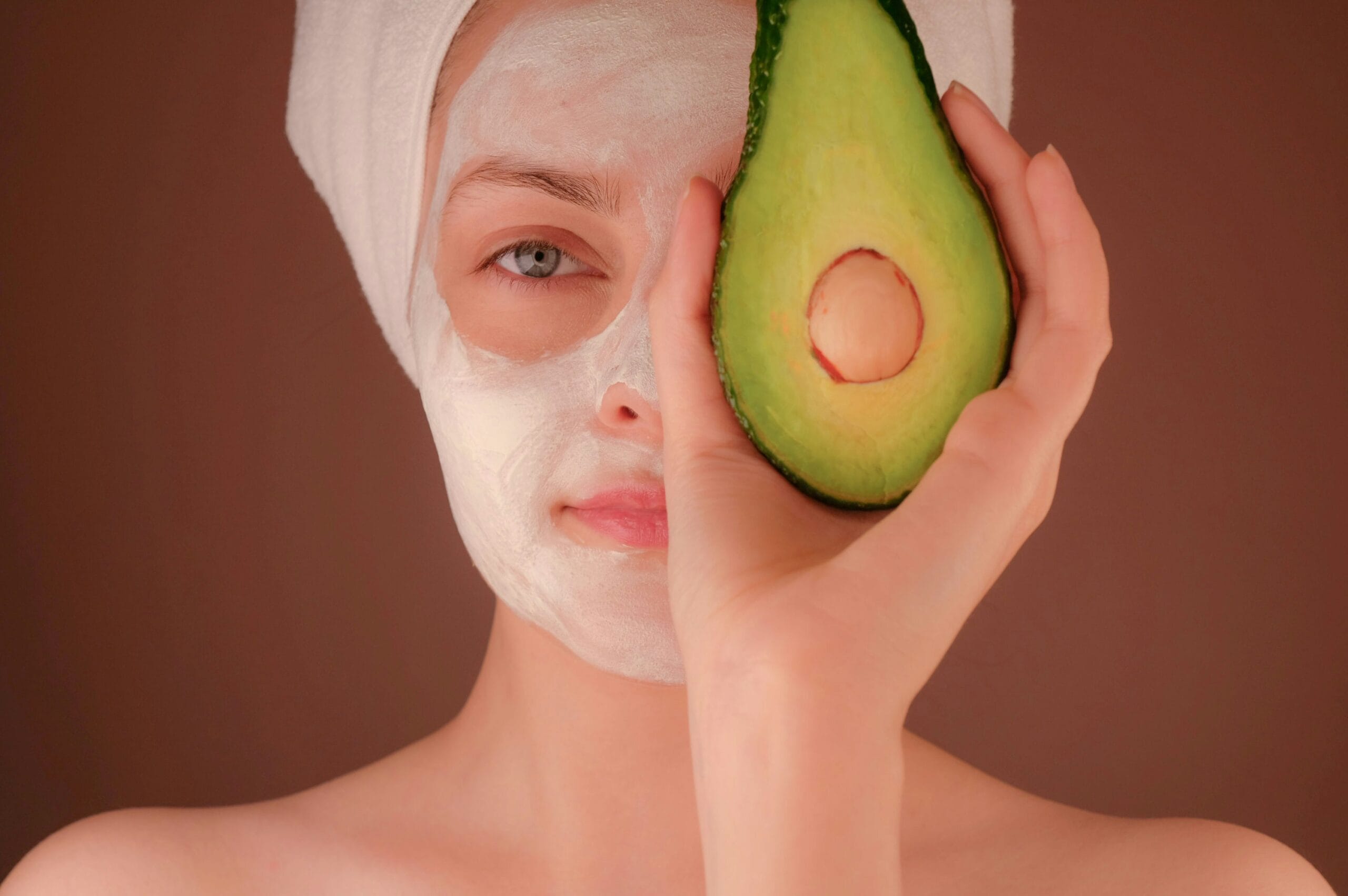Introduction to Meditation and Its Benefits for Health
Meditation has thrived for thousands of years, deeply rooted in diverse cultures and Eastern philosophies. Once a spiritual practice, meditation is now a popular method for enhancing mental and physical well-being. The diverse range of meditation techniques includes mindfulness meditation, transcendental meditation, and loving-kindness meditation, each uniquely contributing to holistic health.
Scientific studies widely affirm the health benefits of meditation. Engaging regularly in meditation can significantly aid in stress relief, as it helps individuals focus their minds and calm racing thoughts. This phenomenon is particularly important in today’s fast-paced world, where anxiety and depression have become prevalent issues. Research indicates that meditation not only alleviates stress but also enhances emotional balance, fostering resilience in the face of challenges.
Daily meditation boosts physical health, improving cardiovascular function and lowering blood pressure—key for preventing chronic diseases. Moreover, many individuals report that meditation improves sleep quality, enabling better relaxation and recovery. Regular practice can also transform the mind and body, instilling healthier coping mechanisms and promoting overall well-being.
Understanding how meditation improves mental health is essential for anyone seeking greater emotional stability. By cultivating mindfulness, practitioners can enhance their focus and improve their ability to navigate daily stressors. The integration of meditation techniques for well-being into daily routines can therefore enrich the lives of health-conscious individuals and families. This ancient practice offers not just immediate relief from stress, but long-term benefits that contribute to a more balanced and fulfilling life.
The Science Behind Meditation and Its Impact on Well-Being
Studies show meditation improves brain health, impacting areas linked to emotional regulation, stress response, and overall well-being. Regular meditation significantly reduces amygdala activity, helping to lower anxiety and stress responses. This finding underscores how meditation for stress relief effectively diminishes the perception of stressors in daily life.

Meditation lowers cortisol levels, the body’s main stress hormone, aiding stress relief. Elevated cortisol levels can lead to various health issues, including cardiovascular diseases and reduced immune function. Research demonstrates that individuals who engage in mindfulness meditation tend to exhibit not only lower cortisol levels but also enhanced cardiovascular health, showcasing the impact of meditation on physical health. Mindfulness meditation reduces anxiety and depression, promoting emotional stability and well-being.
Furthermore, studies indicate that meditation can significantly improve sleep patterns. Participants who practiced meditation reported experiencing fewer sleep disturbances and improved overall sleep quality. This improvement is vital, as better sleep contributes to enhanced cognitive function and emotional resilience. Long-term studies show that consistent meditation boosts emotional balance and strengthens resilience against stress.
Ultimately, the impact of meditation extends beyond mere relaxation, fostering a comprehensive approach to health. By incorporating meditation techniques for well-being into one’s routine, individuals can cultivate both mental and physical health, reaping the various benefits that accompany a disciplined practice. This correlation between meditation and improved mental health serves as a compelling argument for integrating these practices into modern lifestyles.
Integrating Meditation into Daily Life: Practical Tips and Techniques
Incorporating meditation into daily life can be transformative, offering numerous health benefits, including stress relief and emotional balance. To start this journey, individuals can explore various meditation techniques suited to their age and lifestyle. For children, engaging methods such as guided imagery or mindfulness meditation can make the practice enjoyable while fostering focus and emotional regulation. Meanwhile, seniors may benefit from simple breathing exercises or chair meditation that accommodate any physical limitations.

Creating a conducive environment for meditation is essential for meaningful practice. Dedicate a specific space in the home that is quiet and free from distractions. Use cushions, blankets, or even a chair to make the space comfortable. Personalizing this area with calming elements like soft lighting, plants, or soothing aromas can enhance mindfulness meditation for well-being. Establishing a routine is crucial, as consistency over time maximizes the long-term benefits of meditation on health.
Time management is another key element in integrating meditation. Individuals with busy schedules can designate short periods for meditation, even as little as five to ten minutes, ensuring that the practice remains manageable and sustainable. Early mornings or before bedtime are often ideal times for meditation, promoting better sleep and relaxation. Families can cultivate a shared practice by scheduling regular family meditation sessions, making it a bonding experience while teaching the skills needed to manage anxiety and depression effectively.
Engage the whole family in fun activities like guided group meditations or age-friendly apps. As everyone incorporates daily meditation, the collective health benefits and positive impacts on mental well-being foster a more harmonious household.
Real-Life Transformations: Stories of Individuals Who Meditate
Meditation has been a transformative practice for many individuals, yielding remarkable benefits that touch various aspects of life. Sarah, a busy executive, faced overwhelming stress and anxiety from her demanding job. After incorporating meditation for stress relief into her daily routine, she reported not only a significant reduction in her anxiety levels but also an improvement in her mental clarity and focus. The health benefits of daily meditation allowed her to approach both her professional and personal life with renewed energy, facilitating healthier relationships and enhanced satisfaction.
John, a veteran coping with PTSD, found solace and well-being through mindfulness meditation. Through guided sessions, he learned how meditation improves mental health by fostering a sense of emotional balance and reducing symptoms of anxiety and depression. His story exemplifies how meditation can serve as a powerful tool for healing and personal growth, demonstrating the long-term benefits of meditation on health.
Another inspiring case is that of Emily and her family, who adopted meditation techniques for well-being as a collective practice. Their experiences showed how integrating meditation into their family routine not only helped in manage stress but also strengthened their relationships. By engaging in meditation for better sleep and relaxation, they found harmony at home, creating an environment conducive to emotional connection and mutual support.
These narratives highlight the impact of meditation on physical health, showcasing how the practice transforms the mind and body, encouraging a holistic approach to well-being. Each story reflects a unique journey toward self-improvement and emotional resilience, motivating others to explore the potential of meditation. The diverse benefits of meditation underscore its value in promoting a fulfilling, mindful lifestyle, inspiring individuals seeking positive changes in their lives.















